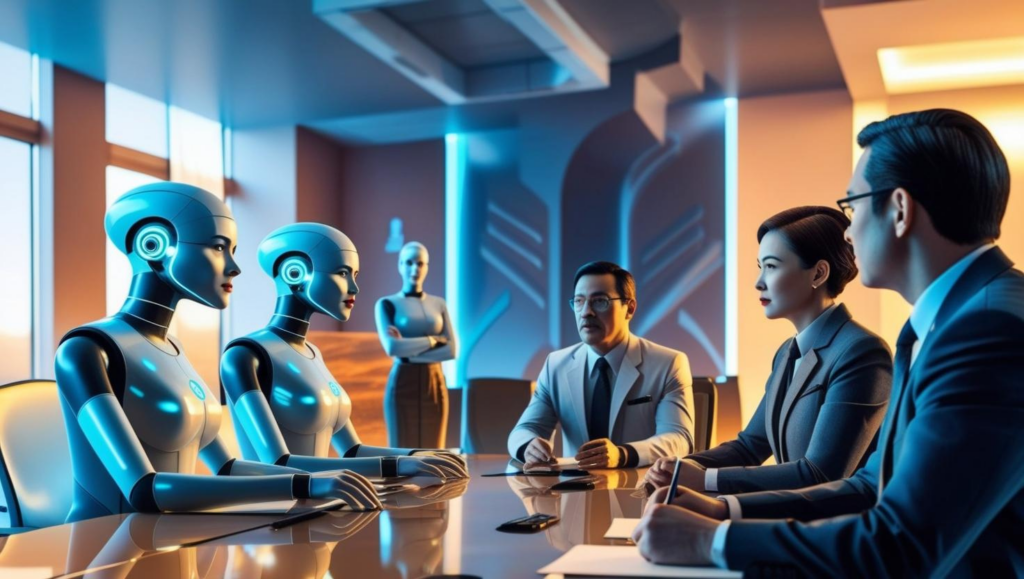The Rise of AI Agents and Their Impact

In recent years, artificial intelligence (AI) has transitioned from a futuristic concept to a tangible reality, influencing various aspects of our lives, including the workplace. Among the most significant advancements are AI agents—intelligent systems designed to perform tasks, assist employees, and streamline operations. As companies embrace these technologies, it’s essential to explore their impact on the workforce and the broader implications for businesses.
Understanding AI Agents
AI agents are software programs that utilize machine learning, natural language processing, and data analysis to carry out specific functions. These agents can automate repetitive tasks, provide data-driven insights, and enhance customer interactions. From chatbots that handle customer inquiries to predictive analytics tools that forecast market trends, AI agents are transforming how organizations operate.
Enhancing Efficiency and Productivity
One of the most immediate benefits of AI agents is their ability to enhance efficiency and productivity within the workforce. By automating mundane tasks such as scheduling meetings, managing emails, or conducting data entry, employees can focus on higher-value activities that require creativity and critical thinking. This shift not only boosts overall productivity but also leads to greater job satisfaction as employees are less burdened by repetitive tasks.
Reskilling and Upskilling the Workforce
As AI agents become more integrated into the workplace, there is a growing need for reskilling and upskilling the workforce. Employees will need to adapt to new technologies and learn how to collaborate with AI systems effectively. Companies that invest in training programs will empower their workforce to leverage AI tools, ensuring that employees remain relevant and competitive in an evolving job market.
Changing Job Roles and Responsibilities
The introduction of AI agents is also reshaping job roles and responsibilities. While some positions may become obsolete, new roles will emerge that focus on managing and interpreting AI outputs. For instance, data analysts, AI trainers, and ethics compliance officers are becoming increasingly important as organizations seek to harness AI responsibly. This evolution encourages a more dynamic and adaptable workforce, capable of navigating the complexities of modern business environments.
Fostering Innovation and Creativity
AI agents can serve as catalysts for innovation within organizations. By handling routine tasks and providing actionable insights, these technologies free up employees' time and mental resources, allowing them to brainstorm and implement creative solutions. The collaborative synergy between human intuition and AI-driven data can lead to groundbreaking ideas and strategies, driving business growth and competitiveness.
Challenges and Considerations
Despite the numerous advantages, the integration of AI agents into the workforce presents challenges. Concerns about job displacement, data privacy, and ethical implications must be addressed. Companies must navigate these issues thoughtfully, ensuring that the deployment of AI agents aligns with their values and social responsibility commitments.
Conclusion
The rise of AI agents is undeniably reshaping the landscape of the workforce. While they offer substantial benefits in terms of efficiency, productivity, and innovation, organizations must also consider the implications for their employees and the broader community. By fostering a culture of continuous learning and adapting to the evolving technological landscape, companies can harness the full potential of AI agents while ensuring a positive and sustainable work environment. Embracing this transformation is not just about technology; it’s about reimagining the future of work itself.

